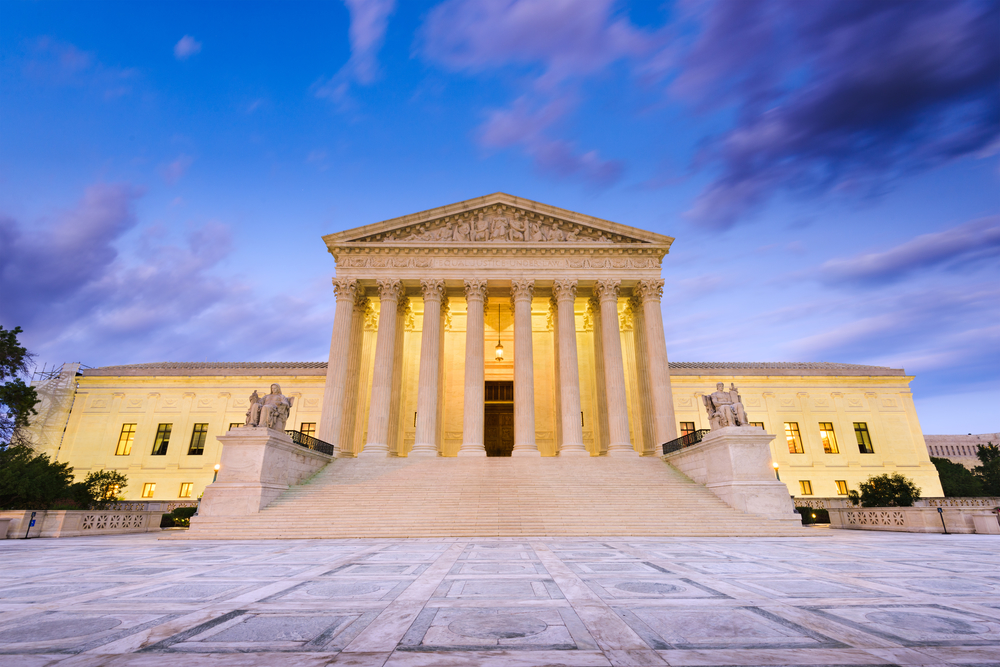 {Read in 4 minutes} When I was in law school 20 years ago, I wrote an article on legislation before Congress referred to as the Employment Non-Discrimination Act or “ENDA.” This legislation was aimed at expanding Title VII’s coverage to specifically include sexual orientation and gender identity as protected categories not specifically provided by Title VII.
{Read in 4 minutes} When I was in law school 20 years ago, I wrote an article on legislation before Congress referred to as the Employment Non-Discrimination Act or “ENDA.” This legislation was aimed at expanding Title VII’s coverage to specifically include sexual orientation and gender identity as protected categories not specifically provided by Title VII.
Title VII is part of the original Civil Rights Act federal law enacted in 1964 which provides employees protection from discrimination because of race, national origin, and gender. Over the years, the law was expanded to include some protections for those over the age of 40 and the disabled, and is the bedrock of civil rights law in the employment environment.
To this day, the ENDA legislation has not been passed and there are no specific federal laws that prohibit discrimination based on sexual orientation or gender identity. Moreover, Title VII has not been amended to include these additional specific categories (despite other expansions). It is a sad commentary on our country, and our politics, that in 20+ years, we could not get our act together to provide the specific protections many working citizens require.
Despite this hurdle, the Equal Employment Opportunity Commission (EEOC), the watchdog agency empowered to enforce Title VII, has interpreted Title VII to protect against discrimination on account of sexual orientation and gender identity.
In fact, the EEOC has consistently interpreted any act of discrimination on account of these factors to be something that is covered by sex/gender discrimination. This means you are protected if:
- You don’t conform to sexual or gender stereotypes
- You identify as a different gender than the gender you may appear to be or were born
- You have a different sexual orientation or prefer sex that doesn’t conform with the popular notion of what a man or a woman should be
- Trans workers who don’t fit the form of what is considered to be the gender norms of society
The EEOC has been granted broad discretion to resolve disputes but unsettled legal issues still have to be resolved, by and large, in court — and federal courts have differed. Some circuits agree with the EEOC’s interpretation that sexual orientation falls under Title VII sex discrimination,while others have found that it does not.
Whenever you have circuit court splits like this, the issues become ripe for the Supreme Court — which can either agree to take up the issue or decline to take up the case(s) that address the conflict between the circuits. Recently, it was announced that the Supreme Court will take up this issue in the next term.
This is going to be a big, big decision. Obviously, we have a different Supreme Court makeup today than we did a few years ago, but this is an issue that has gained a lot of popularity and a lot of momentum legally, politically and socially.
The decision will have a huge impact on the landscape of workplace discrimination. The Supreme Court will determine whether Title VII is essentially expanded to include sexual orientation and gender identity as protected classes thereby making it the law of the land. If they find that Title VII does not provide such protection, it will permit employers, to a degree, to discriminate on account of sexual orientation and gender identity.
LGBT workers would have to turn to state and local laws for protection should the Supreme Court limit the law. Many states, such as New York, have laws that protect the LGBT community working in the state. Many states, sadly, have not extended such protections to members of the LGBT workforce.
Things take time, but this decision will be here before we know it. It is something that will have a huge impact on employee protections in the workplace — and could set back a lot of work and progress that has been made so far by the EEOC and the lower district courts who have upheld the EEOC’s interpretation of the law.
James A. Vagnini
Partner
email: [email protected]



